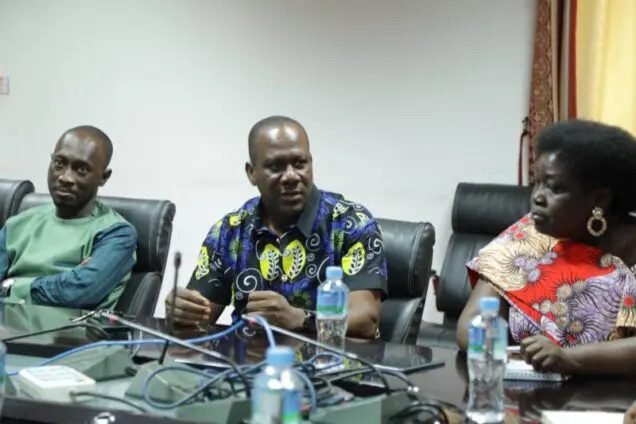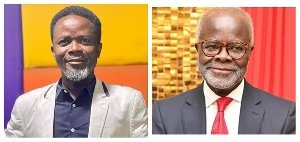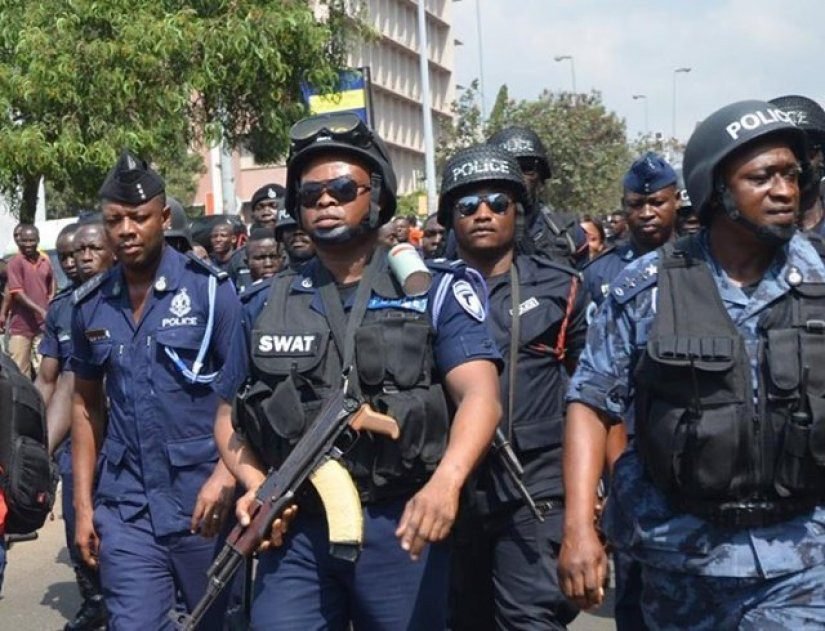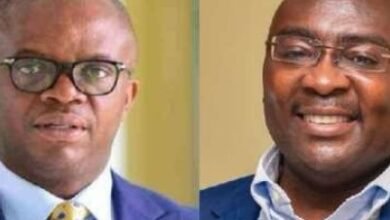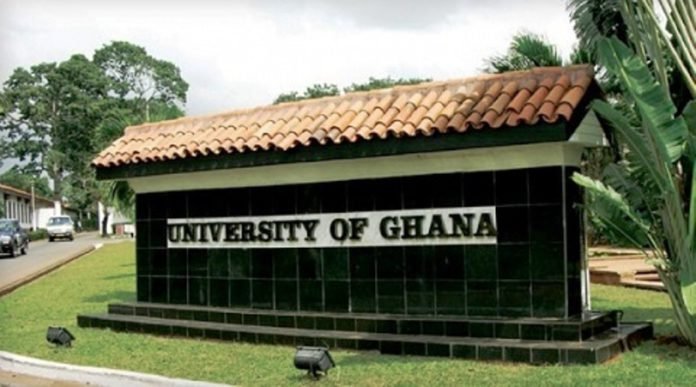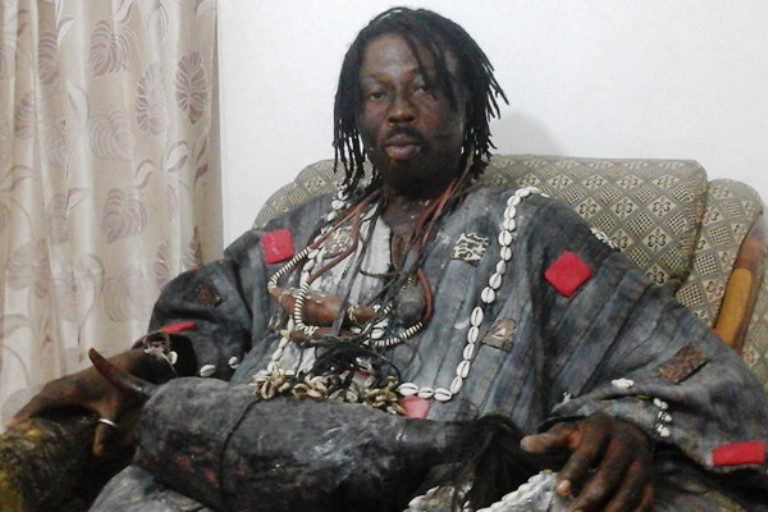Martin Amidu warns GBA against ‘dangerous’ blind loyalty to Chief Justice
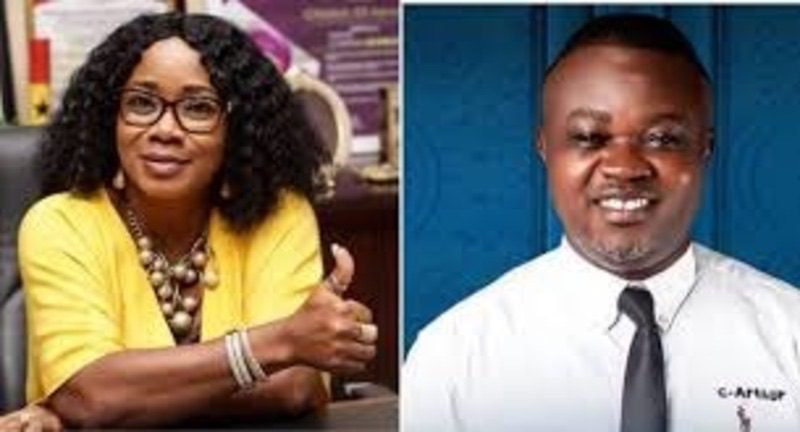
Former Attorney General Martin Amidu has raised serious concerns over the Ghana Bar Association’s (GBA) strong endorsement of Chief Justice’s controversial decision to close courts in Bolgatanga. In a recent article, Amidu called this support “dangerous for our Constitution, democracy, and the rule of law,” warning that such unquestioned loyalty to the Chief Justice’s administrative moves threatens judicial independence.
Amidu cautioned that blind allegiance to the Chief Justice risks undermining the very framework of Ghana’s judiciary. He stressed that citizens deserve a judiciary that is both independent and transparent, adding that unwavering support for every decision of the Chief Justice “borders on sycophancy.”
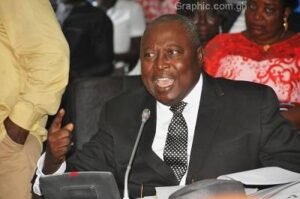
The former Attorney General’s critique extended further, questioning whether the Chief Justice’s decision was based on independent judgment or directives from the National Security Council. He urged greater transparency in judicial decisions affecting public access to justice, particularly in the lead-up to elections, when tensions are typically higher.
Amidu openly criticised the Chief Justice’s decision to close courts in Bawku and nearby areas, including the regional capital, Bolgatanga. Describing this move as “unprecedented” and harmful to citizens’ rights, he argued that the decision infringes upon access to justice and could have serious consequences for the judicial review of election-related disputes.
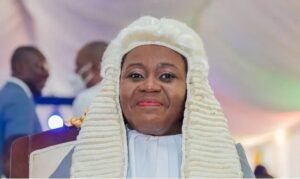
The closure, which the Chief Justice’s office justified as a necessary safety measure due to rising security concerns, was described by Amidu as “naïve.” He argued that Bolgatanga has historically remained unaffected by Bawku’s intermittent violence, noting that “throughout the Bawku conflict… the regional capital has never been… in the conflict area.”
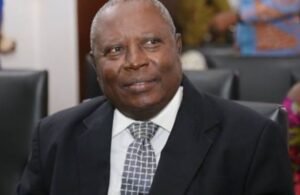
Highlighting potential legal implications of suspending court functions just weeks before national elections, Amidu emphasized the need for parliamentary oversight of this decision. He also questioned whether the Chief Justice had adequately consulted local legal stakeholders, suggesting that their input may have been insufficiently considered.



